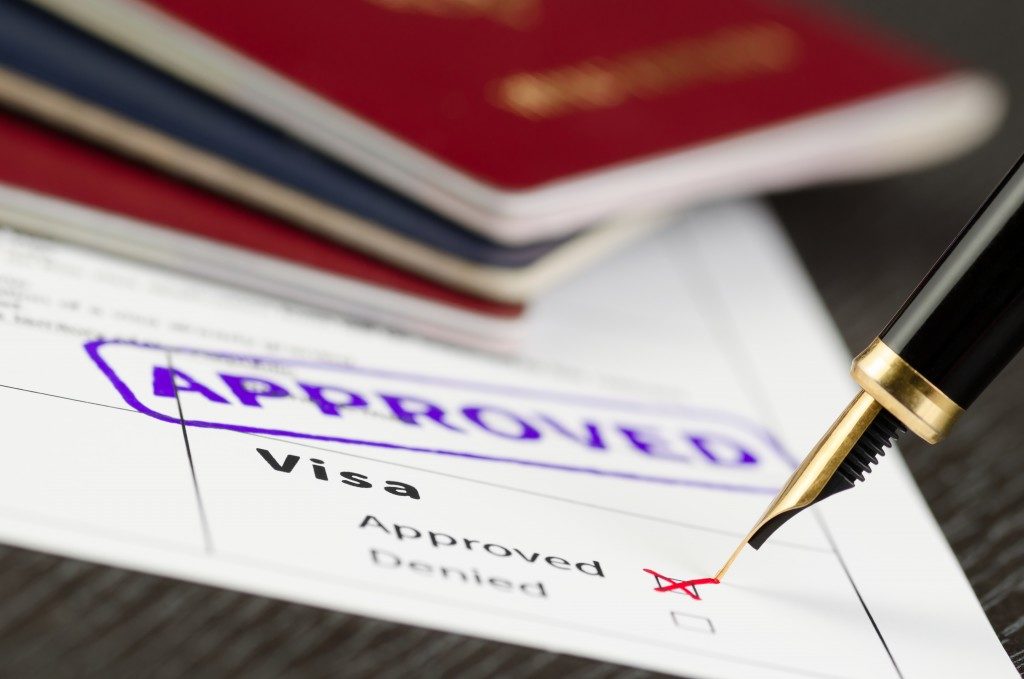For many years, the United States continues to be the country where many foreign nationals wish to seek education, employment, and permanent residency. For this reason, frauds have taken advantage of hopeful individuals whom they thought to be gullible enough to buy into their scams. They ask for huge amounts of money, then disappear completely once they’ve ran their victims dry.
Even U.S. employers are also being targeted by these scammers. The U.S. Citizenship and Immigration Services (USCIS) published a page on their website naming the common scams both employers and foreign nationals may fall victim to, and in this article, we’re going to discuss how to spot those frauds.
Signs of a U.S. Visa Scam
1. Asking for Payment
Once a supposed U.S. visa officer asks for a payment, be extra skeptical. The USCIS states that no payment should be made for any form, nor a form should be submitted until they update the official TPS re-registration information for a specific country.
Payment is only valid, if, for example, you are an employer and you hired a legitimate law firm for visa assistance. If your company is in Utah and you’re hiring foreign workers for a period of six years or less, you can apply for H-1b visa for workers in Orem or other cities, and pay for attorney and government filing fees. Rest assured that all your transactions are legal when you work with a reputable law firm.
2. Positive Outcome Promises
Even if you submitted all the requirements, predicting the outcome of a visa application is still impossible, be that a student, immigrant, or working visa. If a supposed officer promises that your application will definitely be approved, be wary. Chances are they’ll also ask for a payment to ensure your approval.
3. Fake Emails

A U.S. visa scam circulated in India, in which the fake USCIS sends emails that may contain attachments, claiming that a visa application has been approved, or that a payment has to be made for visa processing. To avoid falling victim to this scam, the official USCIS asks to note the following:
- Official U.S. government e-mail addresses always end with a “.gov”
- The USCIS never sends any e-mails that an individual has been approved for an immigrant visa, non-immigrant visa, diversity visa, or any other type of immigrant benefit
- The USCIS never asks for any payments to be transferred to any individual
Aside from this particular scam, another fake e-mail from an address “news@uscis.gov” is being sent to employers, requesting Form I-9 information that’s made to look official. Employers are not required to submit this form to the USCIS, so report this e-mail at once if you’ve also received it.
4. Fake Schools
If you’re a student who is about to apply for U.S. student visa, verify if the college or university you’re selecting is accredited and legitimate. Just like all the other scams, fake schools will also ask for a payment. If you’re already suspecting that you’re being scammed and you still proceeded to take the risk, you might also suffer heavy consequences, such as being deported. Do your research on official government websites to be certain that you’re applying for a legitimate accredited school.
5. Fake Websites
Unfortunately, there are also scam websites that look convincingly legitimate. They post step-by-step guides on how to apply for a visa. You’ll recognize them as a scam if they ask for payments before you can download any form.
Again, the USCIS never asks for any payment. All their forms can be downloaded for free, so always be extra careful when you’re searching for official government websites. The URL should end with “.gov,” not “.org.” or anything else different.
Once you spot all these red flags in your visa application process, stop responding and report the fake e-mails and officers. Many people aren’t so lucky with these scammers, so by being active in eliminating them, you can help save the potential victims.



